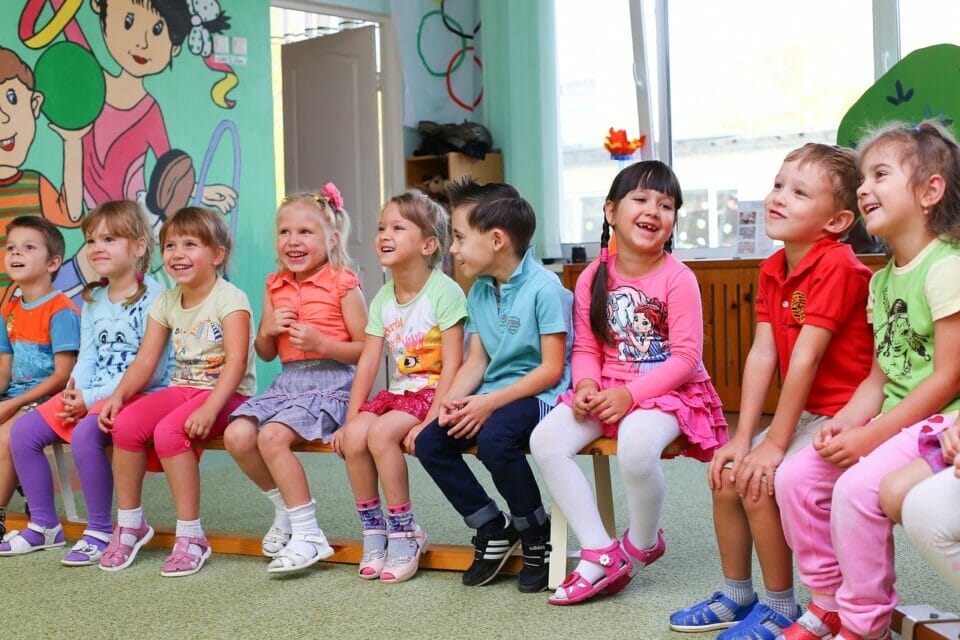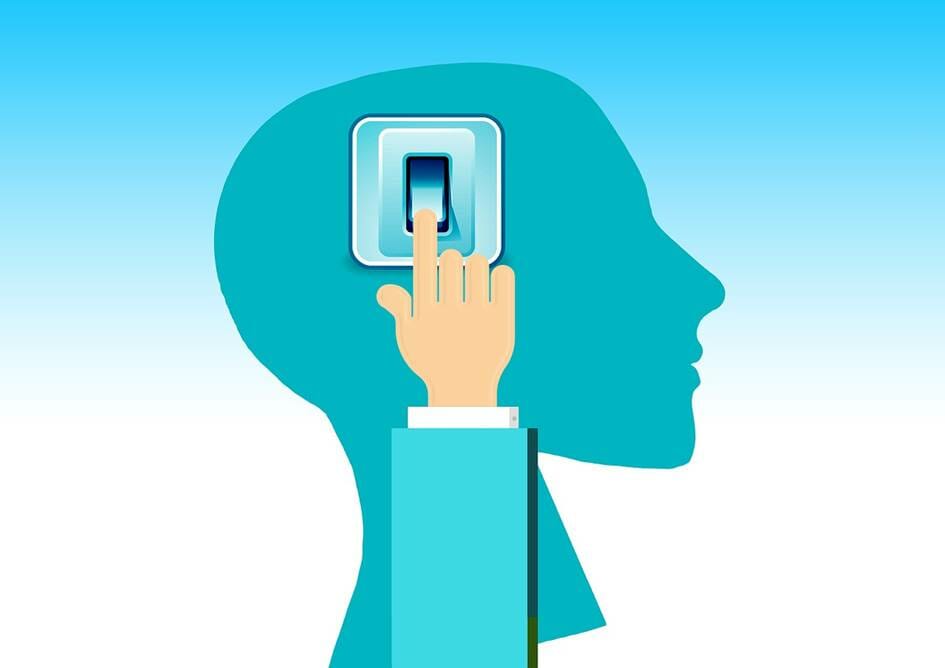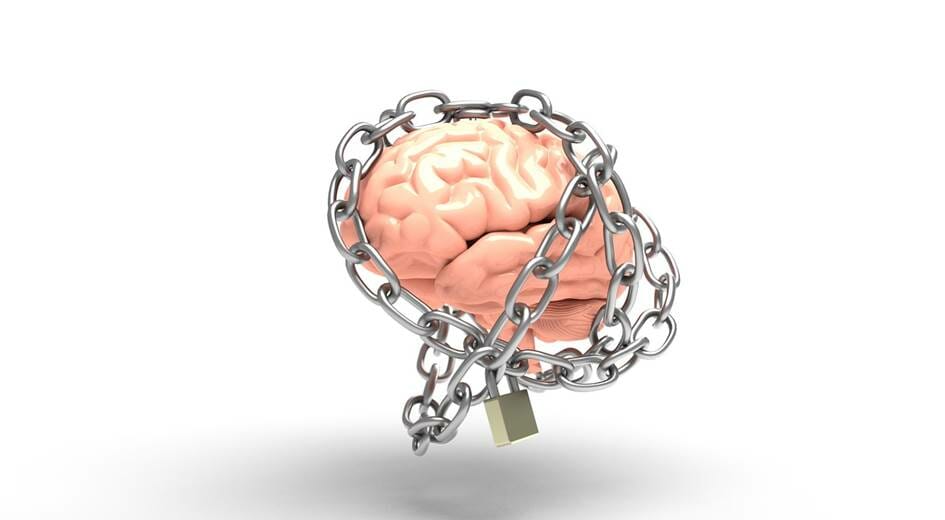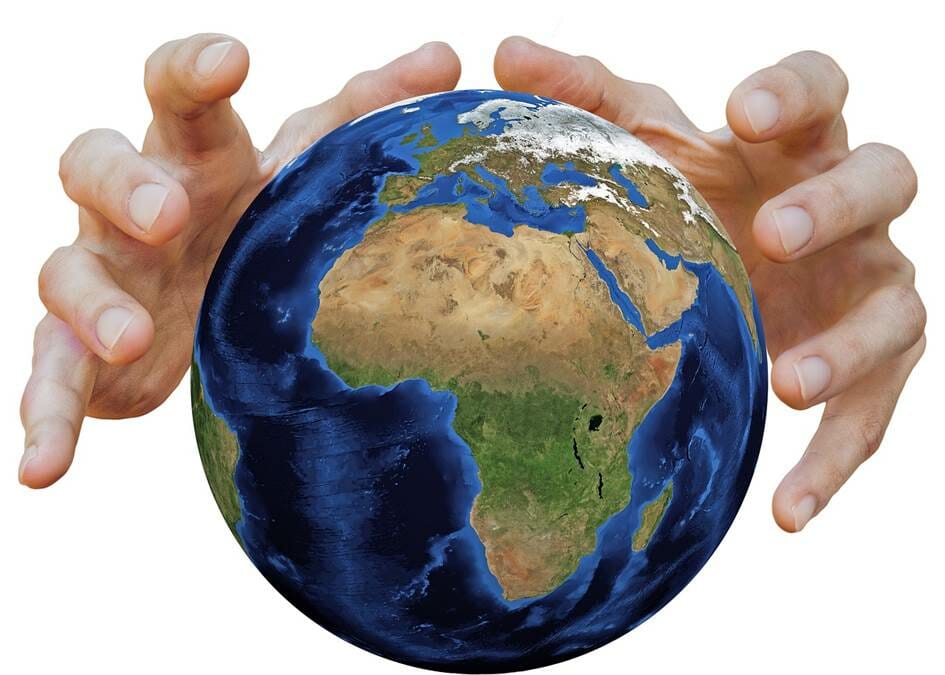
We should all teach our children how to help the world, because they will grow up in it and it needs to sustain them and their children. The good news is that if they start caring for their world at a young age, their emotional health and wellbeing will benefit too.
Children are born in a world where things are done to them and for them. Babies are born helpless, and since they can’t take care of themselves, they grow up thinking that the world revolves around them. Realizing that it doesn’t brings a lot of tears and tantrums, as you might expect.
Most kids gradually learn to live with not getting everything they want. But they don’t completely grow out of the tantrums.
For example, people with anger issues are still stuck in the baby phase. They are frustrated that the world doesn’t just work the way they want! The crying, screaming and lying on the floor until they get what they want simply changes. Now, they use aggression, domineering, controlling and frustration.
We would call these grownups “self-centered”. Other people around them suffer from their behavior and the aggression damages their emotional state. Sadly, the self-centered people themselves also damage their own emotional state in the process.
We can’t really blame people for wanting the world to revolve around them. In fact, it’s no one’s fault. It just comes out of the dynamics of their environment and their life circumstances. They didn’t choose any of it.
The good news is that caring for the environment can help.
Triggering the primitive brain

As you probably know already, when we feel under threat, our “primitive brain” takes over. When this happens, we can only access the three F’s: Fight, Flight and Freeze. We can’t access higher functions, like consideration for other people’s needs.
So, if we have a challenge, we can’t really sort it out.
Babies cry about everything that doesn’t happen the way they want. When they feel cold, they cry. When they feel lonely, they cry. When they are wet, they cry, and so on.
They don’t do it to annoy anyone. This is the only tool they have to manipulate their environment. For them, everything is scary and hard, so they cry to help themselves.
Babies are very primitive creatures. And we forgive them because they’re so cute. But as they grow, we gradually stop forgiving. And when they cry a lot, we become aggressive towards them. This becomes a vicious cycle, because the more they cry, the more aggressive we become, so they cry harder…
Things are much better when they develop language, because it helps them express themselves. They change some of the crying for words and their responses become less primitive.
If they don’t know how to use their words and they don’t have the emotional strength to manage their emotions, they stay primitive.
A primitive state of being is very frustrating. I call it “being in the prison of the primitive brain”. Think of it like a prison. You go there and you are trapped. All you can do is fight, run away (flee) or freeze.
Caring is the key out of the primitive brain

The good news is that caring for someone, or something, other than yourself is the best way out of the primitive brain. Many spiritual traditions, when someone experiences a trauma, suggest they go and help others in need. It is a good way to come out of your own misery and stop obsessing over your own problems.
Volunteering often gives the volunteer more joy and satisfaction than those they help. Helping others or helping the environment will do the same. Because in both situations, the attention goes to someone or something other than me.
Helping is an act of giving. When we give, we receive a sense of satisfaction and joy to know that we mean something to someone. It helps stop feeling helpless. This way, by helping, we can better control our own feelings.

Not everyone does well caring for others. It’s especially hard for young children. Sibling rivalry is a great example of this. Many people visit psychologists as they get older to deal with how “my brother/sister came into the world and ruined my life”.
Theory of mind is the ability to put yourself in another person’s shoes. This skill initially develops around age 4 and keeps evolving as the child grows. But not everyone becomes good at it, even when they become adults.
This leads to poor emotional control. Anger, rage, aggression and abuse are signs that the person can’t put themselves in someone else’s shoes.
So, caring for others is great, but not everyone can do it. What they can do is try to care for their environment, for a pet or for plants to start. Then, they may discover they have a lot to give.
Why?
Because caring and helping produces “feel good” chemicals in our body and decrease “crying”. Giving children an opportunity to give is an effective way to help them progress and grow out of the primitive “crying” into a more confident and powerful mindset, where they feel they can better control their world.
Save the children

In my post How to Care for the Environment and Make a Difference, I gave tips to teach children on how to give to the world around them. I wrote it while my own children were developing awareness to our joint responsibility to care for our planet.
It is important to care for our world, and important to care for our children’s health and wellbeing. By encouraging our kids to exercise care and compassion for the world around them, we create a win-win situation. We can do both!
Caring for the world is a gentle way of managing your feelings. This is the reason gardening improves mindfulness process and is a fantastic way to manage emotions.
In education, teachers give “troublemakers” the responsibility to care for something as a bullet-proof technique to change their behavior. Caring for someone or something else is a fantastic way to gain a sense of control.
The earlier we teach this to our children, the more time they will spend using the higher functions in their brain. The more they give, the happier they will be, and everyone around them will benefit.
Of course, life will have its challenges and our children will be thrown into the primitive brain a lot. We can’t protect them completely from this pain and suffering.
But if we give them the key out of their primitive brain at an early age, we can make their life much easier. And we can help everybody else at the same time!
Happy days,
Ronit











